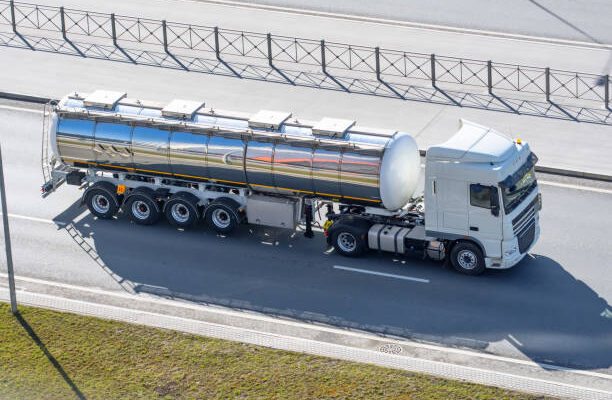In the realm of modern commerce, efficiency reigns supreme. Whether it is streamlining production processes, optimizing supply chains, or enhancing customer experiences, businesses constantly seek ways to maximize efficiency. One often overlooked aspect of efficiency is fuel utilization – a crucial element in industries reliant on transportation, construction, and manufacturing. Enter fuel delivery services, a solution redefining efficiency by offering convenience, cost-effectiveness, and sustainability. Traditionally, procuring fuel involved trips to gas stations or relying on fleet fueling infrastructure. However, these methods often result in downtime, logistical challenges, and increased operational costs. Fuel delivery services disrupt this paradigm by bringing the fuel directly to the customer’s location, eliminating the need for time-consuming trips and reducing overhead expenses associated with maintaining fueling infrastructure. One of the primary benefits of fuel delivery services is convenience. Imagine a construction site where heavy machinery requires refueling regularly or a fleet of vehicles needing diesel to keep operations running smoothly.

With fuel delivery, these entities can schedule fuel deliveries based on their specific needs, ensuring uninterrupted workflow without the hassle of leaving the job site. This convenience translates into time savings and increased productivity, allowing businesses to focus on core operations rather than fuel procurement logistics. Moreover, fuel delivery services offer flexibility tailored to individual requirements. Whether it is bulk deliveries for large-scale operations or on-demand refueling for smaller businesses, providers can accommodate diverse needs with customizable delivery schedules and quantities. This flexibility empowers businesses to optimize their fuel utilization strategies, aligning supply with demand and minimizing waste. Cost-effectiveness is another compelling aspect of fuel delivery services. By outsourcing fuel procurement and distribution, businesses can reduce overhead costs associated with maintaining fueling infrastructure, such as storage tanks, pumps, and compliance measures. Additionally, bulk purchasing and efficient route planning by fort worth fuel transport company often translate into competitive pricing, further driving down fuel expenses.
As a result, businesses can allocate resources more efficiently, investing savings into growth initiatives or improving profit margins. Beyond convenience and cost-effectiveness, fuel delivery services contribute to sustainability efforts by minimizing carbon emissions and environmental impact. Centralized fueling stations often require vehicles to travel significant distances for refueling, resulting in unnecessary fuel consumption and emissions. In contrast, fuel delivery services optimize delivery routes, reducing mileage and emissions associated with fuel transportation. Furthermore, providers increasingly offer cleaner fuel options, such as biodiesel and renewable diesel, aligning with businesses’ sustainability goals and regulatory requirements. The integration of technology further enhances the efficiency of fuel delivery services. Advanced fleet management systems enable real-time tracking of delivery vehicles, optimizing route efficiency and ensuring timely deliveries. Additionally, digital platforms facilitate seamless ordering and payment processes, streamlining operations and reducing administrative burdens for businesses. These technological innovations not only enhance operational efficiency but also improve transparency and accountability throughout the fuel delivery process. Fuel delivery services represent a paradigm shift in maximizing fuel utilization, offering convenience, cost-effectiveness, and sustainability benefits to businesses across various industries. By outsourcing fuel procurement and distribution, businesses can streamline operations, reduce costs, and minimize environmental impact.



